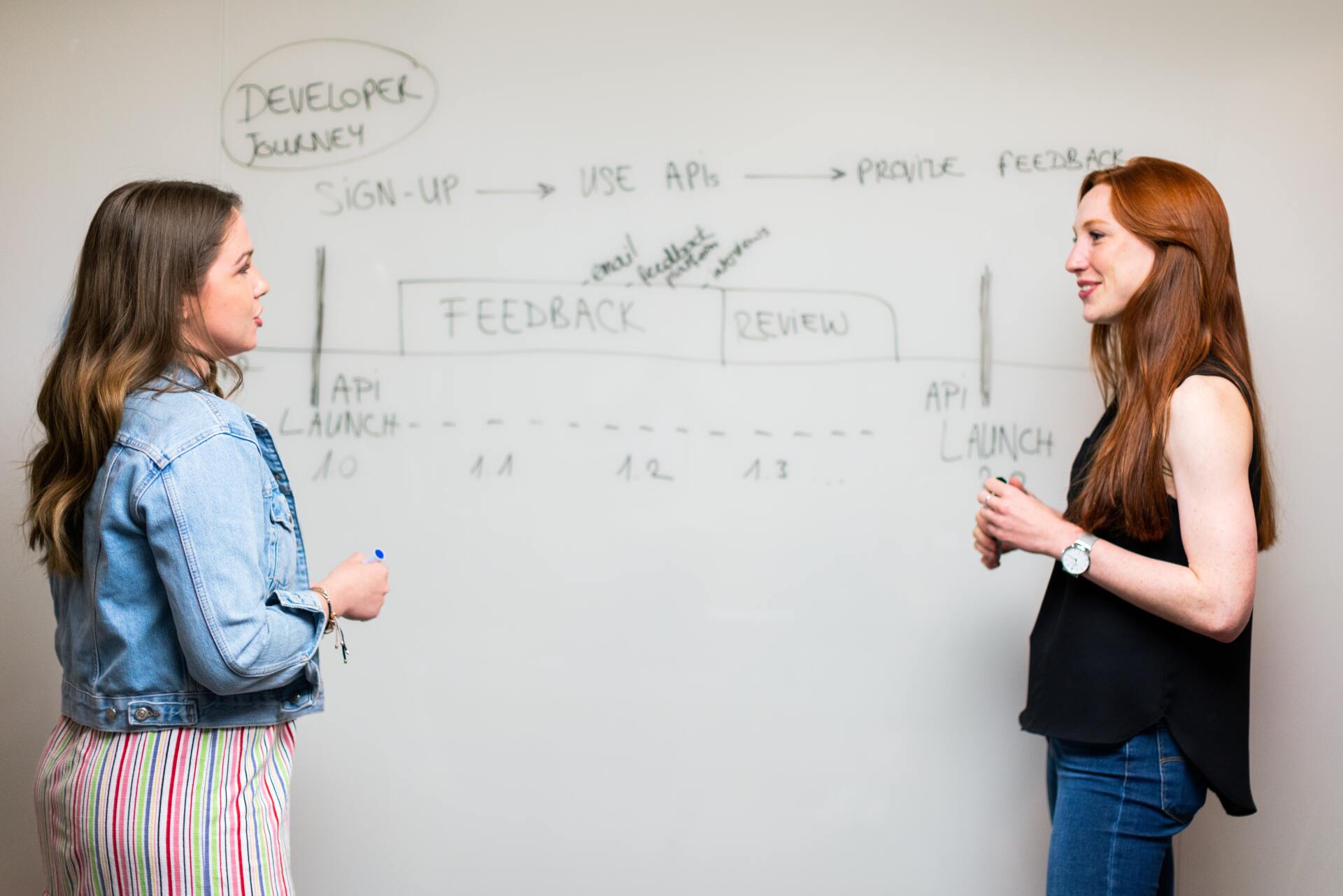DevOps Engineer Germany
What is a DevOps Engineer?
DevOps engineers play a crucial role in software development and IT operations by combining both to ensure fast, reliable, and secure software delivery. These professionals help streamline communication between development and operations teams while automating various processes such as software testing, deployment, and monitoring.
As a DevOps engineer, your duties and responsibilities will vary based on the project and specific role. Nonetheless, common tasks include infrastructure management, collaboration with developers and IT operations teams, continuous integration and delivery, monitoring and logging, and security implementation through best practices and tools such as firewalls, encryption, and vulnerability scanning.
If you're looking for a career in DevOps engineering, understanding these duties and responsibilities is essential. With the growing demand for DevOps engineers, the right skills and knowledge can help you land a promising job in this field.
DevOps Jobs in Germany
How to become a DevOps Engineer in Germany
As a DevOps Engineer, possessing the right skills and qualifications is crucial to excel in this role. Some of the essential skills and qualifications that a DevOps Engineer must have are:
- Proficiency in Scripting and Automation: A DevOps Engineer must have a sound understanding of scripting languages such as Python, Bash, and Ruby. They should also be proficient in using automation tools like Ansible, Chef, Puppet, and Jenkins to streamline the development process.
- Experience with Cloud Technologies: Having experience with cloud platforms like Amazon Web Services (AWS), Microsoft Azure, and Google Cloud Platform (GCP) is essential for a DevOps Engineer. They should be capable of deploying, managing, and maintaining cloud infrastructure in line with the software development process.
- Familiarity with Containerisation: Containerisation technologies like Docker and Kubernetes are gaining increasing popularity in software development. DevOps Engineers must be familiar with these technologies and have expertise in deploying and managing containers.
- Understanding of Agile and DevOps Methodologies: DevOps Engineers must possess an understanding of Agile development methodologies and DevOps principles to be successful in this role.
- Troubleshooting and Problem-Solving Skills:
DevOps Engineers should be able to identify and resolve issues quickly and effectively, and have the ability to think creatively to come up with solutions to complex problems.
DevOps Engineer Salary Germany
According to Glassdoor, the average salary for a DevOps Engineer is €60,499 per year. This may vary depending on geographical location, level of experience and the size of the organisation.
View our
Tech Salary Guides broken down per location for more information.

DevOps Engineer Experience Requirements
To excel as a DevOps Engineer, you need a blend of technical and soft skills. Essential experiences for a DevOps Engineer include:
- Understanding of software development processes: DevOps Engineers should know the software development life cycle (SDLC), including coding, testing, and deployment.
- Proficiency in DevOps tools and technologies: A good DevOps Engineer should have expertise in various DevOps tools and technologies such as Jenkins, Ansible, Puppet, Docker, Kubernetes, and Git.
- Scripting languages: DevOps Engineers should be skilled in scripting languages such as Python, Bash, and PowerShell to automate various processes.
- Cloud computing experience: DevOps Engineers should be familiar with cloud computing platforms such as Amazon Web Services (AWS), Microsoft Azure, and Google Cloud Platform (GCP).
- Networking and security: DevOps Engineers should have a strong understanding of networking protocols, firewall rules, and security best practices.
- Problem-solving skills: DevOps Engineers should be adept at identifying and solving complex technical problems that arise in the software development process.
Role of a DevOps Engineer in a German Business
DevOps Engineers play a crucial role in bridging the gap between development and operations teams, ensuring that software applications are deployed in an efficient and effective manner.
At their core, DevOps Engineers collaborate with cross-functional teams, including developers, operations personnel, quality assurance professionals, and project managers, to deliver software applications on time and with the expected level of quality. They also automate the deployment and management of software applications and infrastructure, improving efficiency, reducing errors, and ensuring consistency across environments.
In addition, DevOps Engineers design and implement continuous integration and delivery (CI/CD) pipelines to automate the testing, building, and deployment of software applications. They also monitor the performance and availability of software applications and infrastructure, troubleshooting issues to ensure that systems are running smoothly and efficiently.
DevOps Engineer Interview Question Examples
- What is your experience with configuration management tools like Ansible, Puppet or Chef?
- Explain your understanding of Continuous Integration (CI) and Continuous Deployment (CD) processes.
- Can you explain the difference between virtualization and containerization?
- Describe your experience with cloud platforms like AWS, Azure or GCP.
- How do you ensure the security of the infrastructure you manage?
- Can you describe a time when you had to troubleshoot a complex issue in a production environment?
- How do you approach testing and automation in your work?
- What is your experience with container orchestration tools like Kubernetes or Docker Swarm?
- How do you monitor the performance of your systems?
- Can you explain your experience with version control systems like Git or SVN?
For more information and advice on interviewing check out our blogs below:
How to succeed in a Technical Interview
How to prepare for your interview






